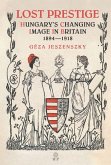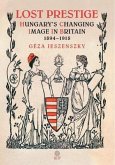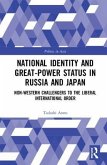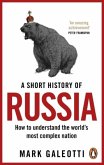
Gebundenes Buch
Hungary's Changing Image in Britain 1894-1918
English edition
10. Mai 2021
Helena History Press LLC
| eBook, ePUB | 8,95 € |

8,95 €
Sofort per Download lieferbar
Broschiertes Buch
Key to Relations: Sub(Trans)carpathia
15. Januar 2025
LAP Lambert Academic Publishing
Ähnliche Artikel

Gebundenes Buch
Non-Western Challengers to the Liberal International Order
20. August 2018
Taylor & Francis

Gebundenes Buch
The Definitive Visual History, New Edition
21. Mai 2024
DK Publishing (Dorling Kindersley)

Gebundenes Buch
Determining the Fate of Britain's and New Zealand's Conscripts
13. November 2017
Taylor & Francis



Gebundenes Buch
A Picturesque Souvenir
27. Dezember 2021
Media Hatchery

Gebundenes Buch
4. März 2014
Taylor & Francis Ltd (Sales)


13,09 €
Sofort lieferbar

Ähnlichkeitssuche: Fact®Finder von OMIKRON
